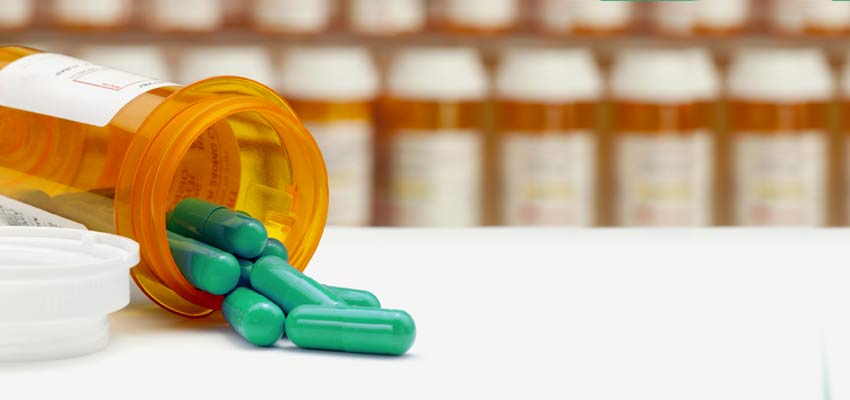As a trace element, copper is vital for humans, animals and plants in small quantities as a component of certain proteins and coenzymes. Exceeding this physiologically necessary amount can be detrimental to health.
Copper is a natural heavy metal that occurs in the soil as a result of geological conditions. In wine and fruit-growing regions, copper levels can accumulate in the soil if, for example, copper-containing pesticides or wood preservatives (stakes) have been used for years. Copper-containing preparations are among the few products that can be used in organic farming.
The DGE recommends a daily intake of 1-1.5 mg for adolescents and adults, but significantly less for infants and young children due to their lower body weight. Food supplements to meet the daily requirement are not recommended. To be on the safe side, they should not contain more than 1 mg of copper per adult daily dose.
Drinking water and food are sufficient sources of this trace element. There is currently no EU-wide maximum level for copper in food. In the past, when people used to cook with copper utensils, chronic poisoning could not be ruled out. Especially if the copper utensils came into contact with acidic foods. Copper pipes, on the other hand, are generally unproblematic because they become passivated by oxidative processes and no longer release copper ions into the water. The use of copper pipes is only not permitted for acidic mineral water.
Additional information (in German only) by the BfR you find
for copper in food and food supplements (in German only)
YOUR PLUS: All AGROLAB GROUP laboratories analyse all sample materials (food and food supplements, pet food, drinking water) for the determination of copper as a trace element, but also in cases of suspected heavy metal contamination.
Author: Dr. Frank Mörsberger

 Contact
Contact

 Contact
Contact Career
Career